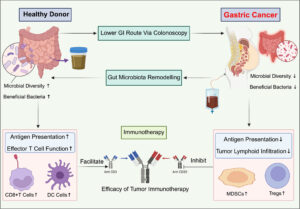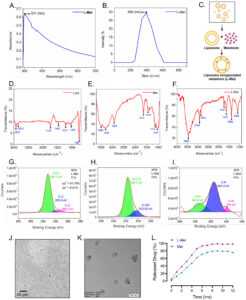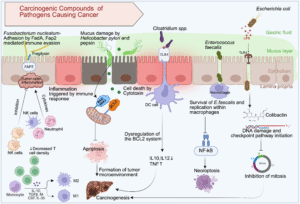Key Considerations to Fight Against COVID-19

“Outbreak is predictable, But Not Prepared Enough to Control”
“Nepal Need Advance Emergency Preparedness and Response Plan”
The entire world is struggling to control the COVID-19 pandemic, and it is uncertain how long the current status will continue. Each nation is implementing various strategies based on their scientific research and financial capabilities. Nepal, however, lacks good economic standing and holds poor research. Here, I revisited some of the 20 key considerations Nepal would take to counter COVID-19 and other potential future pandemics.
- First, protect healthcare staff, such as doctors, nurses, laboratory scientists, and pharmacists.
- Establish sophisticated laboratory testing centers in all the provinces.
- Build a team of healthcare staff and epidemiologists to respond to health emergencies.
- Health authorities should initiate an active surveillance system.
- Initiate search and test efforts to control the chain of disease transmission.
- Implement mass and indiscriminate testing, followed by contact tracing.
- Initiate precise documentation on infected people’s movements throughout the province.
- Allow the trained workforce to work in emergency laboratory testing.
- Hospitals should be prepared for an essential need like PPE, equipment, and medicines.
- Quarantine visitors from the pandemic area and suspected carriers of infectious disease.
- Find and isolate asymptomatic carriers before they spread the infection unwittingly.
- Follow emergency medication and diagnostic testing protocol.
- Follow the social distancing and prevention measures as updated by the WHO and CDC.
- The government should restrict religious events in the case of an emergency outbreak.
- Willingness to balance between civil liberties and community health.
- Maintaining transparency on the outbreak is essential to the public.
- Start the pandemic donation program for financial support.
- Aware public about and the effects of the pandemic viruses.
- Initiate the volunteer system in a pandemic situation.
- Finally, invest in research and small-scale biotech companies run by scientists.
Better late than never, implementations of key considerations aid to benefit for a future outbreak.
(Shrestha is a Clinical Molecular Geneticist Department of Ophthalmology and Visual Sciences, Albert Einstein College of Medicine, NY, USA)

 Dr. Rupendra Shrestha
Dr. Rupendra Shrestha






